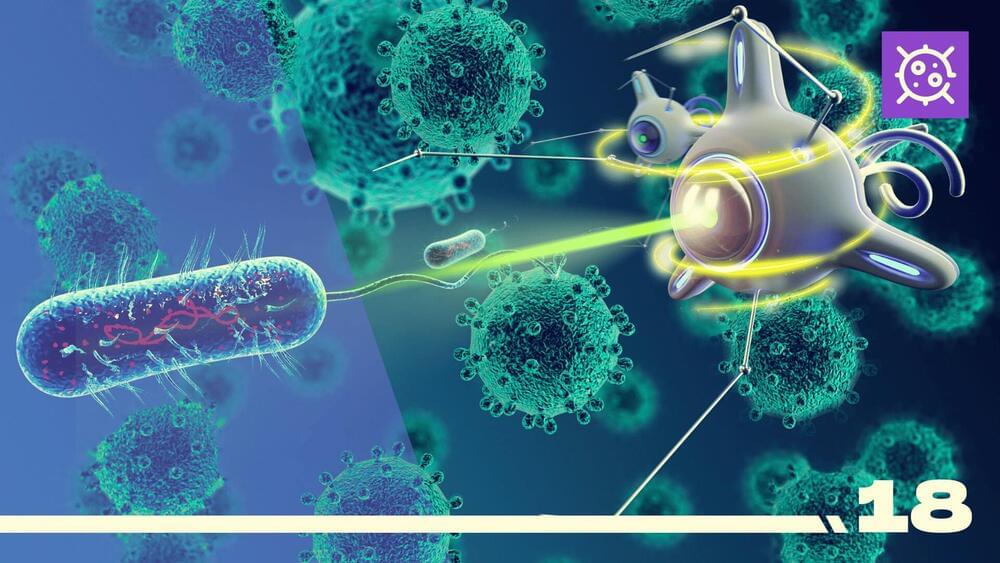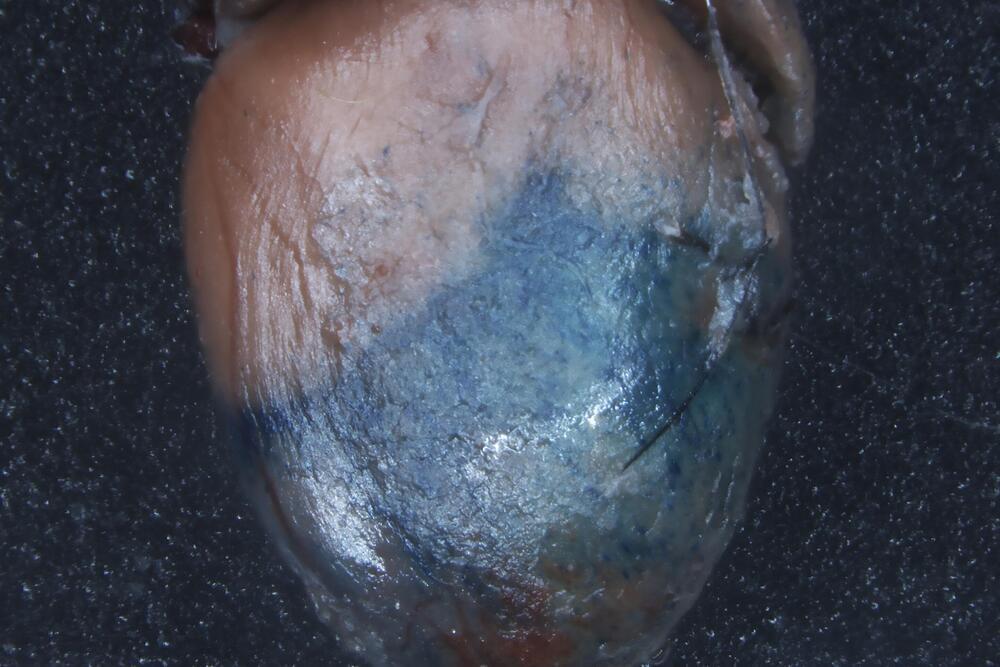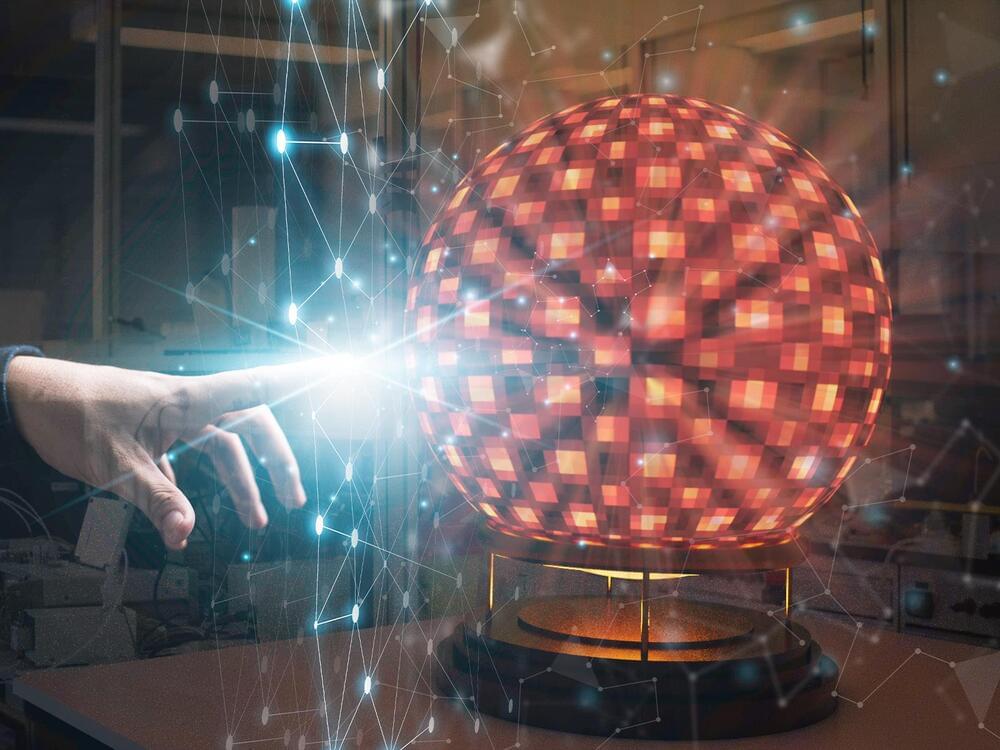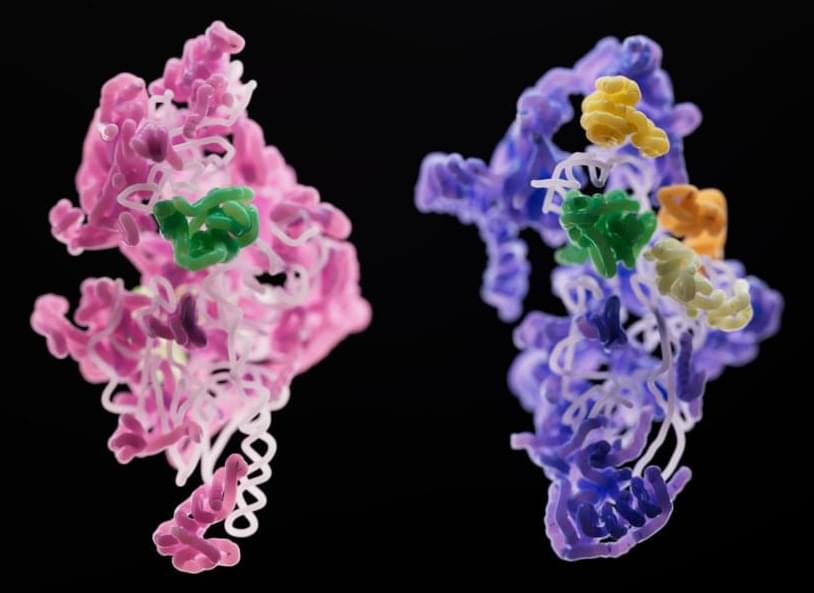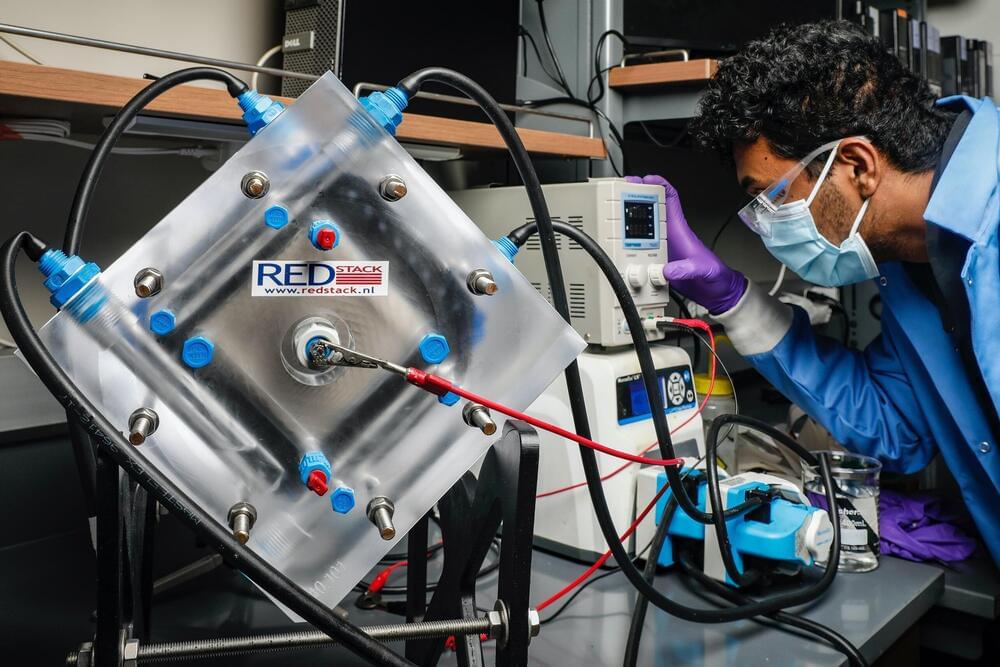Musicians, we have some bad news. AI-powered music generators are here — and it looks like they’re gunning for a strong position in the content-creation industry.
“From streamers to filmmakers to app builders,” claims music generating app Mubert AI, which can transform limited text inputs into a believable-sounding composition, “we’ve made it easier than ever for content creators of all kinds to license custom, high-quality, royalty-free music.”
Of course, computer-generated music has been around for quite some time, making use of various forms of artificial intelligence to come up with results that can sound equally manmade and alien.

